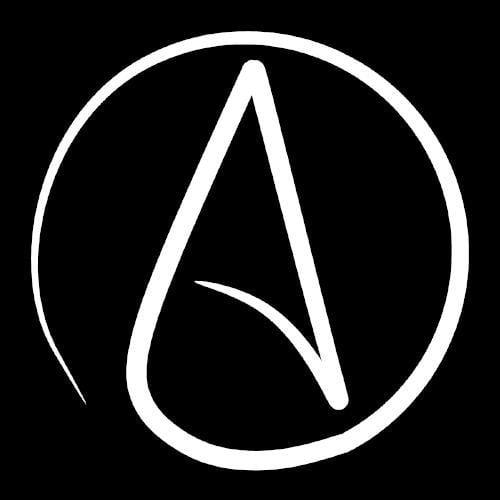- cross-posted to:
- [email protected]
- cross-posted to:
- [email protected]
cross-posted from: https://lemm.ee/post/18179617
Sources:
- Tumblr: Sarah’s Scribbles
RSS Feed: https://sarahcandersen.com/rss- Tapas.io: Sarah’s Scribbles
RSS Feed: https://tapas.io/rss/series/2007- WebToons: Sarah’s Scribbles
RSS Feed: https://www.webtoons.com/en/challenge/sarahs-scribbles/rss?title_no=50260- Twitter: @SarahCAndersen
Nitter link
Nitter RSS Feed: https://nitter.cz/SarahCAndersen/rss


To be fair, it was the Church that made a big deal of Jesus’s birthday because they didn’t have any other alternatives to compete with all the near-solstice shindigs the European heathens liked. Jesus was not even likely born near December (some monks used an anachronistic method based on Jesus death to compute a December 25 birth).
Amusingly Hanukah was a less big holiday until it had to compete with Christmas.
The big hero of modern Christmas, however, is not Jesus or Santa, but Scrooge. Before A Christmas Carol Christmas was a day Christians went to mass and industrialists resented the holiday stopping their factory workflow, and was fading out. Dickens’ potboiler rekindled secular interest in it as a dinner party holiday and informs how we celebrated Christmas through the 20th century (when we had the means ‐‐ there’s a long backlog of industrialists needing a Christmas intervention and an awakening).
Now we’re deep in late stage capitalism, as millennials and zoomers seek to work Christmas for some overtime hours for want of any spending cash or something better than ramen for dinner, we are on the cusp of Christmas becoming, yet again, a holiday for the religious and well-to-do to flaunt their identities as the rest of us wonder if we’ll survive the elements.